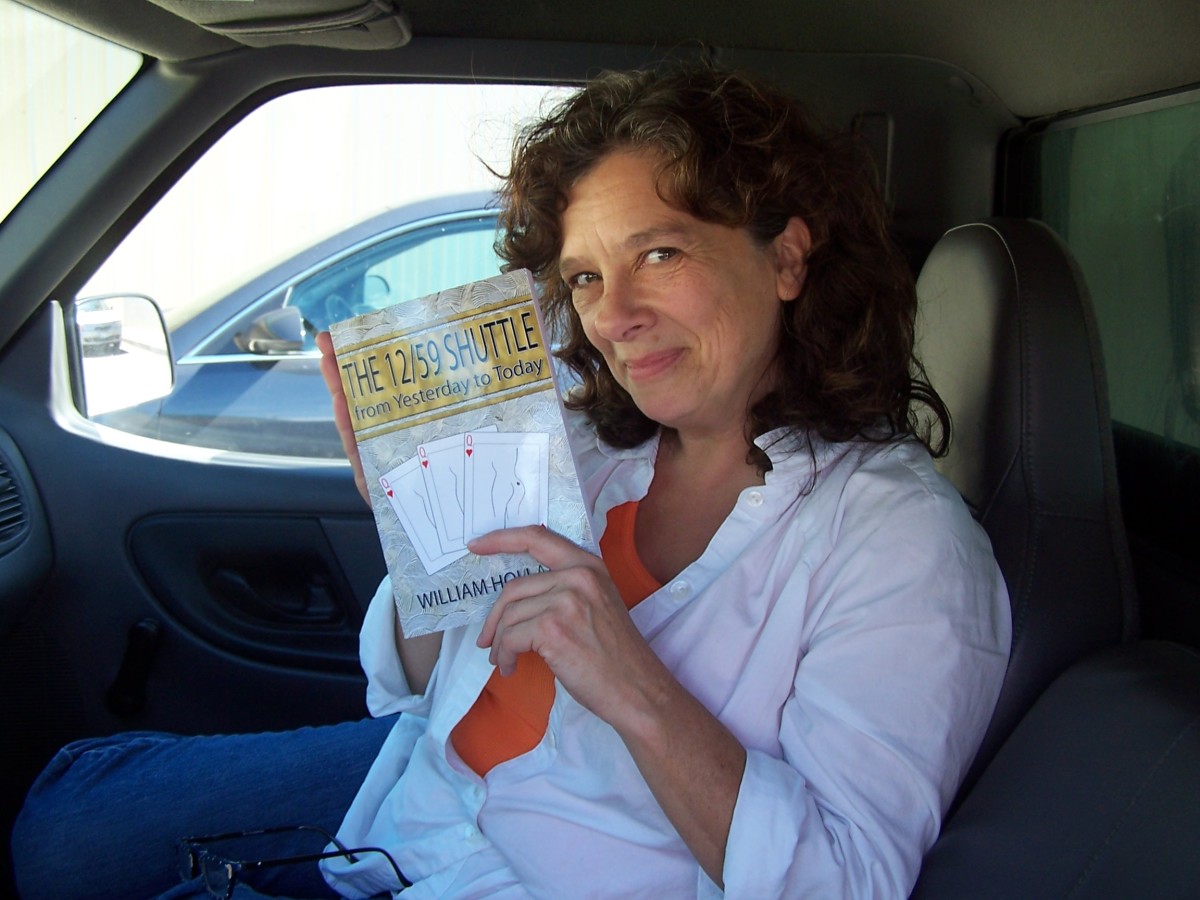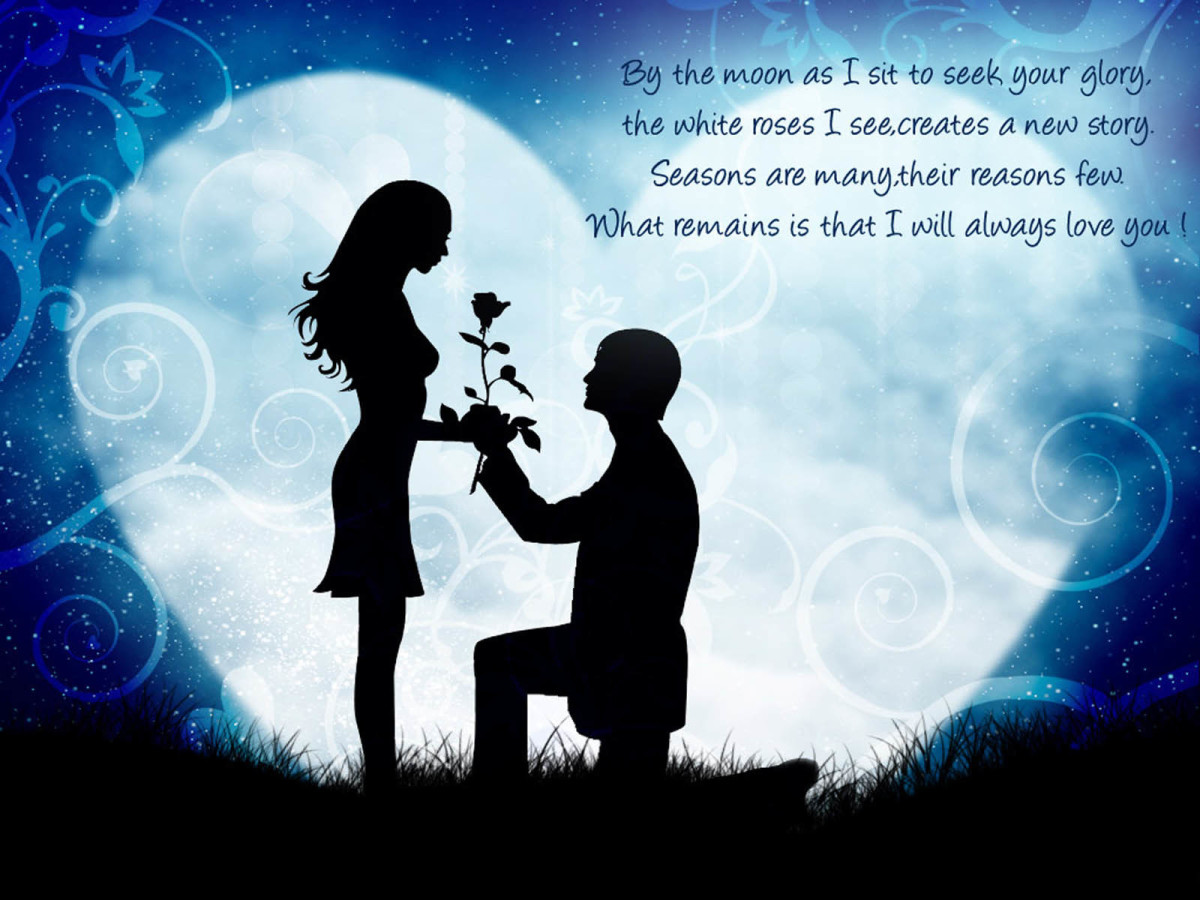How to Begin Writing a Novel
No Rest for a Writer
I just finished self-publishing a novel….Resurrecting Tobias….and after taking four days off to rest and reload, I am ready for the next venture.
What in the world am I doing? What’s wrong with me?
Well, to put it simply, I am a writer, and writing is what I do. I can rest on my meager laurels and hope that someone buys my book, all the while starving and watching the bills pile up, or I can sit down at the computer and start my next book.
For those of you who have never written a novel, I thought I would take you through the first tentative steps in the process. I find many writers are overwhelmed with the process of writing a novel, but it really doesn’t have to be so overwhelming. Break the process up into manageable chunks, take it a step at a time, and before you know it, you have a novel.
So I’m going to take you through the beginning. As a side note, this does not mean I get to forget about the novel just finished. I’ll be sending out query letters for the next few months, and promoting the finished novel while I work on the next one. This is a continuing process and this is what writers do.
So let’s begin with the idea for my new novel, A Season for Killing.

The Basic Premise
We all have our own way of doing this. For me it begins with a vague idea. From that idea I write an introduction.
My basic idea for this new novel is an avenger of sorts, a man who suffered the loss of his father, who was wrongly convicted of several murders, and died in prison. The protagonist is driven to find the real killer, the man who got away with the murders, and when he finds him he kills him.
His new life has begun. He now sets out to avenge others wrongly convicted of murders, and to cleanse the world of these killers who roam among us. His best friend is a priest, a good man, torn between his vows and his friendship for the avenger.
That is the idea I started with.
I then wrote the introduction.

The First Chapter
I take no pleasure in killing. Never have, despite my background. The simple fact is that some people deserve to be eliminated. The molesters, pimps, drug dealers, and serial killers, they all deserve death. They deal in misery and misery they shall receive, and I am the Fed Ex man more than willing to drop by with a little package for them.
Willy Boy Hopkins, kneeling before me, was a prime example. Willy Boy had been making a figurative living from the misery of others for nineteen of his thirty years. He killed a ten-year old neighborhood girl when he was eleven. He sliced her throat from ear to ear on Christmas Eve, 1992. Her parents found her in the back yard, discarded like so much refuse.
Since then he had left more waste behind, a human Katrina plowing through humanity and sucking energy from those he had harmed. I have no idea how many women Hopkins killed. All I know with certainty is that Jeannie Adams had a sister one month ago and now she doesn’t, and this piece of shit was the reason. He met Jeannie’s sister at the Boulevard Tavern, chatted her up, followed her to her car, and beat her to death with a Louisville Slugger.
I knew Jeannie. She called me, talked to me about her suspicions, and three months later I’m holding a .357 Magnum to Willy Boy’s ear and asking if he has anything he wants to say, like maybe he is sorry for the fact that Jeannie’s sister will never be twenty-five.
Willy Boy had a trickle of blood on his temple where I had pistol-whipped him. He would win no beauty contests even without the blood and swelling. His deeply-set eyes and sloping forehead harkened back to the days of caves and hunting with spears.
“Screw you, Baker! If you think I’m going to beg you then think again. Pull the damned trigger or shove that gun up your ass. Your choice.”
So I shot him.
Old habits die hard.
No matter how many times I shoot someone, I will always be amazed by the amount of damage a high-velocity, soft-point bullet can do to the human body. In Willy Boy’s case, there wasn’t much to clinically study. Shakespeare told us that the evil that we do lives on forever. If that is the case, Willy Boy was headed for immortality missing half his head.
Don’t let anyone tell you that violence does not diminish us, because it does. A part of me died with Willy Boy. How can it not be so? If we do not feel the loss of a soul, then what does that say about us? Willy Boy and I were united, and when he left this corporal world I felt it, deeply, and that feeling of loss will never leave me.
I tossed a manila envelope, with a picture of Jeannie’s sister taped on the front, on Hopkin’s body. Inside the envelope was all the evidence I had gathered on Willy Boy over the last three months. The cops would be able to close the case on Jeannie’s murder, and they wouldn’t be too eager to solve Willy Boy’s untimely death. Cops are like that. They never expend too much energy on the detritus of society.
There was a church two blocks west and four blocks north. St. Patricks. I knew it well. Nobody was going to be coming for Mr. Hopkins for awhile, not in this part of town. I made my way under a canopy of birch trees, their leaves whispering a sermon of recrimination and repentance on an unusually warm spring night
I entered the stone cathedral and walked down the center aisle, my footsteps echoing off the walls. Kneeling down in the front pew, I made the sign of the cross and prayed to my God for forgiveness. I don’t know if He listens to me. I don’t know if He even cares. I just know it makes me feel better doing these things.
I lit a candle in the vestibule for Willy Boy.
“Are you working late, Eli?”
Jimmy had managed to get within ten feet of me without me hearing him. He had always been like that since the time we were kids. He is a big man, about my height at six foot three, and about twenty pounds lighter at two-ten. I’ve known him since he knocked me on my ass in the fourth grade. We’ve been best of friends ever since I reciprocated two days later.
“Hey, Jimmy. You know me. The hours are never consistent with this job. What are you doing roaming the halls of salvation at this hour?”
“I figured you’d be needing confession so I waited up. Are you ready?”
He led me to the confessional in the back of the church, slipping on his collar as he walked. He entered the center door and I took the one on the right. I knelt down as he slid the partition open.
“Bless me, Father, for I have sinned. It has been three months since my last confession.”
“Let’s dispense with the formalities, Eli. Tell me about your evening so we can both get some sleep.”
Now What?
Now I stop writing. I’m not ready to continue. I need to know my characters on a very personal level.
I have two main characters so far, Eli Baker and his priest friend Jimmy. They will be carrying the ball for the entirely of the book, with a little help from some secondary characters. If I expect them to sustain a 120,000 word novel, then it would be best if I meet them and get to know them….don’t you think?
So I sit down, and I write out some interview questions, and then I ask those questions of my characters. Their answers will help me to shape them and give them personalities. In other words, I want to make them real people.
At this point, I don’t know who else will be in the novel, so I’ll wait to interview other characters as they pop into my mind and I include them in the story. I’m sure Eli will have a love interest of some sort, but right now I don’t know what she looks like or what type of person she is, so she can sit in the waiting room until I need her. And of course I need an antagonist, and I have a juicy one in mind, but he, too, will have to wait.
And the Next Step Is?
I begin the general outline stage of my writing.
I know I want a novel of about 120,000 words. That means I need four or five main events that will help move the story along. So let’s do a very rough outline right now so you know what I’m talking about.
- Introduction…….5,000 words
- 1st main event….25,000 words
- 2nd main event….25,000 words
- 3rd main event….25,000 words
- 4th main event….25,000 words
- Conclusion……….5,000 words
I don’t know what these main events will be yet. I have some rough ideas, but I’m not ready to proceed yet.
What I now need is a setting.

The Setting
Where will this novel take place?
I’ve already decided that this novel will take place in Olympia, Washington, the city I currently live in, and Tacoma, Washington, the city of my birth and childhood. Those two cities are very familiar to me, so I don’t have to do a lot of research on them…in other words, I’m being a bit lazy here. J
If, however, I was using a fictional town as the setting, I would have to determine the following:
- What is the name of this central location?
- What is the geography like outside of the town?
- What do the buildings look like in the town? Is it an old town or a new one? Modern or old architecture?
- What activities happen in that area? What are the main occupations?
- What does the flora and fauna look like?
- What is the weather like in that area?
- What are the local customs?
- What does the town feel like? In other words, what is the heart and soul of the area?
Almost Done
You have one more thing to decide before you can begin writing.
To outline the story or allow the characters to tell the story…….
There are two schools of thought here, and they are about as different as a nun and a swimsuit model.
Many writers outline the entire story, chapter by chapter, and then use the outline as their guide while writing.
Other writers, like yours truly, have a vague idea of the story line, but they let their characters control the story and tell it in their own words….in other words, they wing it.
Decide which you are the most comfortable with and then do it.
Are you ready to give it a go?
Now We Are Ready
And this is the stage I now find myself in. I am ready to write my next bestseller, and I hope you are as well.
Don’t be overwhelmed. Writing a novel does not have to be stressful, and it saddens me that many writers never write that novel they have inside themselves because they are afraid of the process.
The process is you. Allow it to happen naturally, take it at your own pace, and let the words flow.
2014 William D. Holland (aka billybuc)
“Helping writers to spread their wings and fly.”









